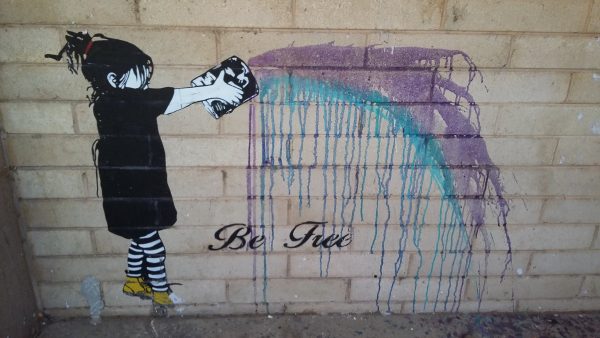
GIGO, or why you shouldn’t 100% trust Endnote
Using Endnote
Okay, I’m going to start with a confession. I didn’t use Endnote for my PhD. I did all my referencing by hand. Insane? Yep, pretty much. It wasn’t an impulsive decision – I actually spoke with others who had used Endnote. Most had some sort of problem with it, from crashes that lost all their stored databases to information coming out crazy. And when it did work, it wasn’t perfect. There’s a term that’s used in computer programming: GIGO, or Garbage In, Garbage Out. I think it applies to Endnote. Or to whatever referencing system you use. If you don’t get the right information at the beginning, you’re creating a world of hurt for yourself later on. Imagine trying to complete a puzzle when some of the pieces are wrong or missing…
I’ve edited a lot of theses now and I have never seen a perfect reference list, even when the student has used Endnote. The problems usually fall into 2 categories:
- formatting
- missing information
Formatting issues can come up because not every university uses the same referencing system in the same way. One uni’s version of Harvard may have minor differences to another’s, and you are supposed to follow your university’s formatting guide. The Endnote version of Harvard may be different again. And if you’re doing your reference list manually, this can be a minefield. Trust me, unless you have a serious love of making sure every single comma and full stop (period, for US readers) is in exactly the right place, this is a tedious job. Even if you do have that love (sorry, but I do – somebody has to!) it requires super-concentration.
The GIGO analogy particularly relates to the problem of missing information. Your Endnote database or Word Citation manager tool is only as good as what goes into it. If that information is incomplete, your reference list will be incomplete. Whilst consistency is important in a reference list, having the same error over and over is not the sort of consistency you want. When you import citations, the information you import may be incomplete, and when you have to add information (such as page numbers) human error can creep in.
So what to do?
First, make yourself very familiar with the reference system required by your university – the library will usually have a guide you can download or an online tool that will give you examples. What information is required in that citation? What format is it in?
Second, if you are using an electronic referencing system, make sure you understand how it works and how to get it to do what you want. If you are going to reference manually, set up your own template (eg an excel spreadsheet) to make sure you get everything you need.
Third, as you gather your references, check that the information you have gathered isn’t missing anything. The most common gaps are place of publication and page numbers for journal articles. If there is missing information, get it NOW, while you still have the original reference in front of you – it can be hard to track down later.
Fourth, DON’T forget to make note of when you accessed a reference! Online articles require a date accessed in the reference list and this is one of the MOST common errors I come across. Once you’ve been working on your PhD for 3 years you will NEVER remember when you read that article!
Happy referencing!
